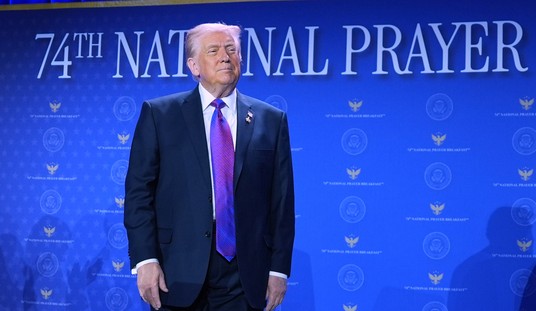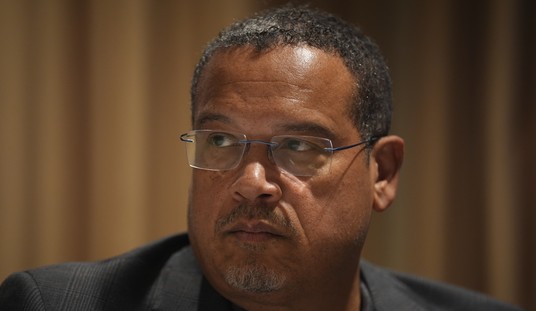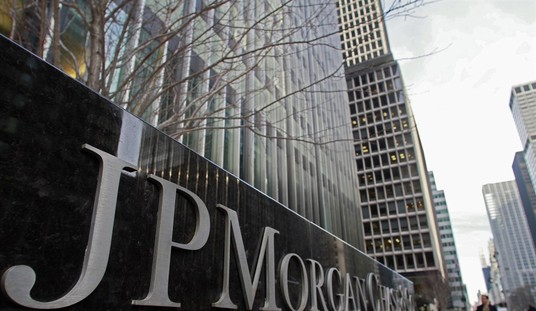While the American political press was consumed with re-litigating the Iraq War and in leading GOP presidential candidates to denounce George W. Bush’s decision to topple Saddam Hussein “given what we know now,” the crisis in that Middle Eastern country deepened.
The Islamic State’s advance into Ramadi, the capital of Iraq’s Anbar Province, accelerated this week and has reportedly culminated in the seizure of the city’s central government compound. On Friday, the black flag of ISIS flew over Ramadi’s city center.
“They set off a co-ordinated series of as many as six car bombs outside the compound that houses the city’s main police station and governor’s office,” the BBC reported. “At least 50 security personnel are reported to have been taken hostage.”
While preliminary reports indicate that ISIS has near “full control over Anbar’s provincial capital,” the fighting on the outskirts still rages. Iraqi officials contend that there is still time to prevent the city and its outskirts from falling completely to ISIS.
The situation in #Ramadi is dire, but the city has not fallen and the battles against criminal #Daesh is still ongoing #Anbar
— Sohaib Alrawi (@Sohaib_Alrawi) May 15, 2015
Even more dispiriting is that this ISIS advance occurred despite sustained coalition airstrikes on ISIS positions near Ramadi. On a near daily basis, U.S. Central Command revealed strikes on ISIS tactical units near the Anbar capital. Just yesterday, CENTCOM reported “two airstrikes struck an ISIL tactical unit and an ISIL fighting position.”
If Ramadi has fallen to ISIS fighters, it would mean that, along with Mosul, two of Iraq’s three biggest cities are now in the hands of the Sunni militia movement. The fall of Ramadi is a symbolic defeat and a reversal of the gains made in Iraq during the Bush administration. The vaunted “Anbar Awakening,” in which Sunni tribesman turned away from Islamist militias and helped the Iraqi Security Forces and U.S. troops pacify the restive province, has been completely reversed.
But Ramadi’s fall is a strategic setback as well. Ramadi’s fall is a prelude to what many said would be the ultimate siege of Baghdad.
“The simple fact is that if Ramadi collapses, the Islamic State will symbolically and physically crown itself the ruler of Anbar,” National Review’s Tom Rogan warned in mid-April.
Propaganda being central to its strategic narrative — that which it uses to gain resources and recruits — the seizure of Ramadi would be an extraordinary victory. It would also be an extraordinary defeat for the struggling Iraqi government. Without Ramadi, the Iraqi government’s legitimacy as a counter-balancing force against the Islamic State would be annihilated. For months, the Sunni tribes in Anbar have been pursuing tentative relationships with the central government in Baghdad. The problem here is that trust between the tribes in Baghdad is, to put it mildly, weak.
Were Ramadi to fall, any confidence in the Iraqi government’s credibility as an ally would dissipate. Such a development would give the Islamic State another avenue through which to either co-opt or further destabilize the tribes. Most catastrophically, the Islamic State’s domination of Ramadi would restrain perceivable Sunni resistance to ISIS. The city’s fall would thus encourage the ultimatum that ISIS seeks to give Sunni citizens: Either join us or yield to Shia militias and Army of Iran.
While the American press is preoccupied with arguing over hypotheticals, the real, hot, and ongoing war against ISIS in Iraq is being lost. It would better serve American voters if reporters were asking Republican candidates how they intend to win the current war against ISIS in Iraq rather than demanding that they dwell on past events over which they have no control. If anything, this revived debate over the Iraq War is yet another example of how a lazy, negligent, like-thinking mainstream press does the public a gross disservice.
Update: Apparently, the Pentagon thinks things are going swimmingly. We’re in the very best of hands.
"We firmly believe Daesh is on the defensive" in Iraq despite their current drive for Ramadi, USMC Brig. Gen. Thomas Weidley said today
— paul mcleary (@paulmcleary) May 15, 2015








Join the conversation as a VIP Member